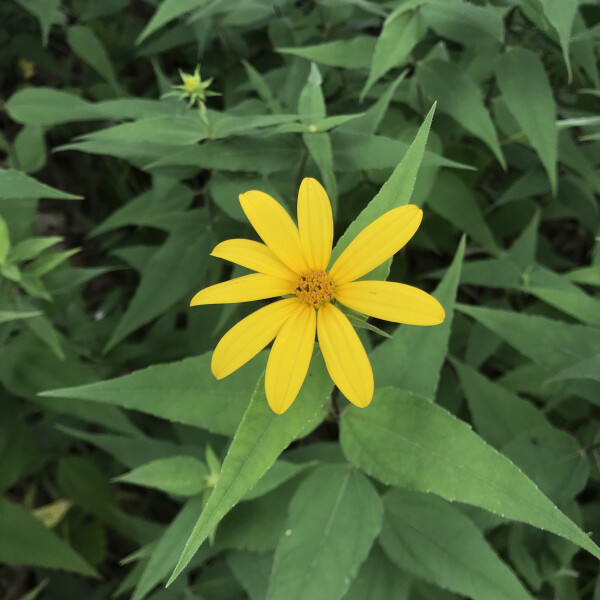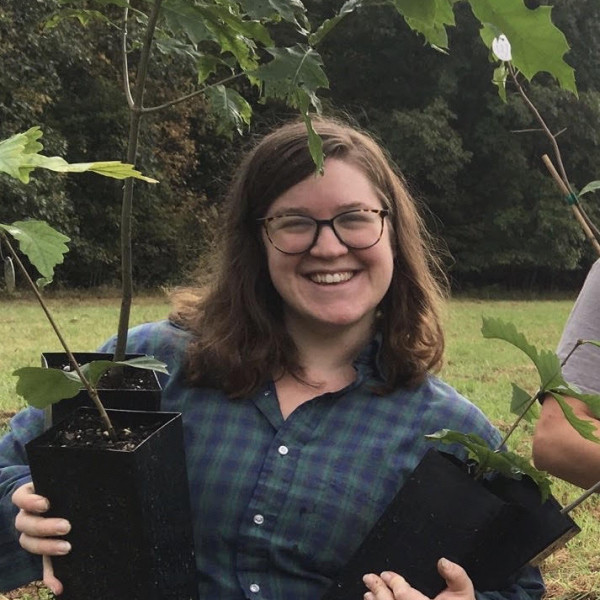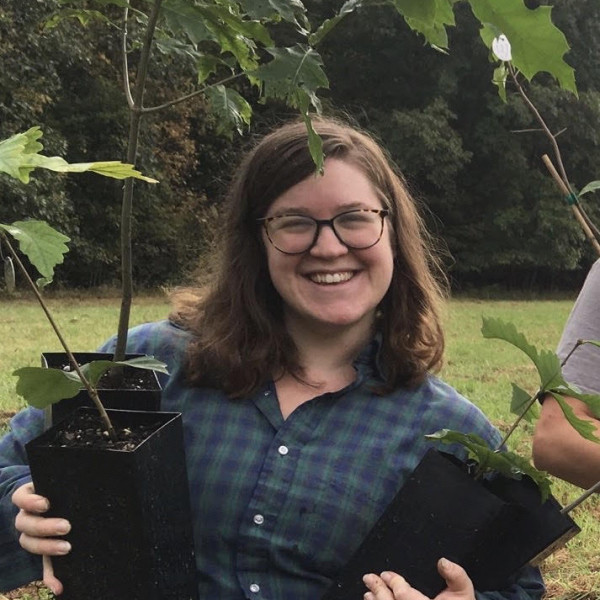
An exploration into above and below-ground plant functional traits 2024
At the Chicago Botanic Garden on the computer collecting data from published literature and databases
Ecology, Plant Traits, Data
This is a co-advised project in which you will split your time working on two distinct but related projects. Both projects are primarily computer-based. The student will gain skills in collecting data from published literature and databases, as well as skills in data analysis and visualization.
Project 1: Functional trait analysis of local oak woodland seed mixes
To restore plant diversity and ecosystem function in oak woodlands, adding native plant species through seed is often required. Through years of expert experience, local land managers have designed lists of species that should be added to woodlands with different light availabilities and soil properties. Together, these species lists for seed mixes contain over 300 species with a wide range of functional types and natural histories. To help inform seed mix design and restoration in oak woodlands, we will analyze the functional traits, which are the traits that help a plant establish, survive, and persist in an ecosystem, of the species on these seed mix. We will assess the overall diversity of the traits in these seed mixes, and assess whether there are particular traits associated with the plants selected for different woodland types. We will use existing databases of plant functional traits to collect the trait data and use data analysis software to analyze trends and address our research questions.
Project 2: Root trait meta-analysis
Plants and microbes have positive, negative, and neutral relationships but we still don't have a clear picture of these patterns and what influences them. However, more robust knowledge of plant functional traits and microbiome relationships could greatly benefit both plant restoration and agriculture towards revegetation and sustainability. This project aims to understand the relationship between plant traits and microbiomes through a synthesis of published studies that evaluate plant-microbe relationships. The REU on this project will join a collaborative team from different backgrounds and career states to help generate a dataset of plant-microbe interactions. The REU would join team meetings, help extract data from published studies, and help visualize data from the work.



